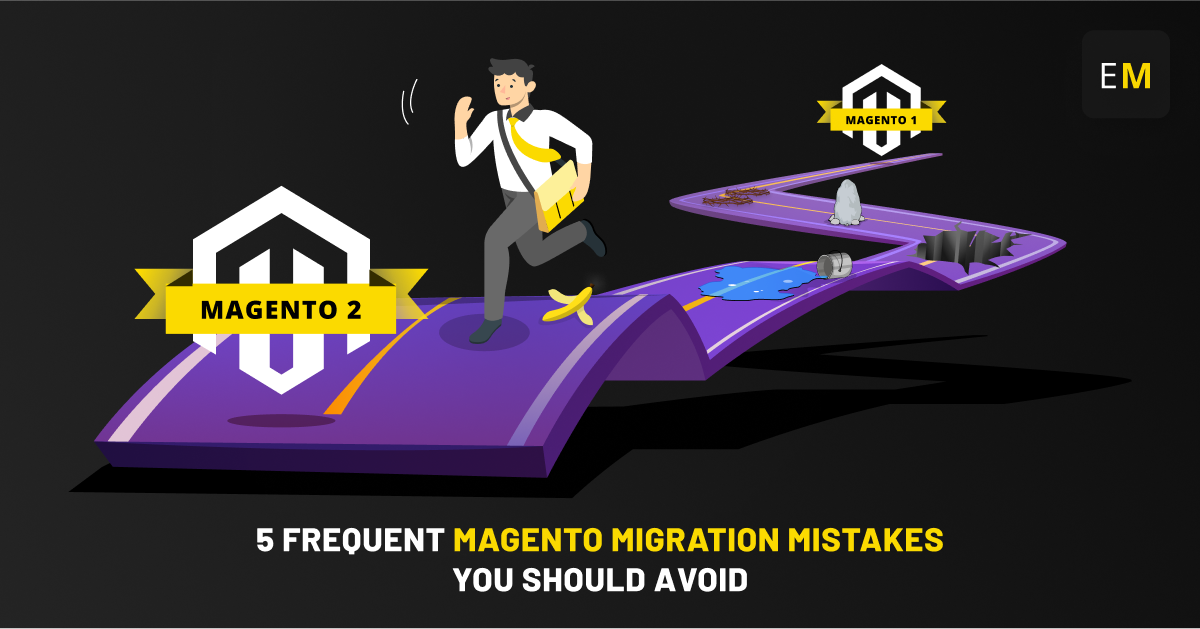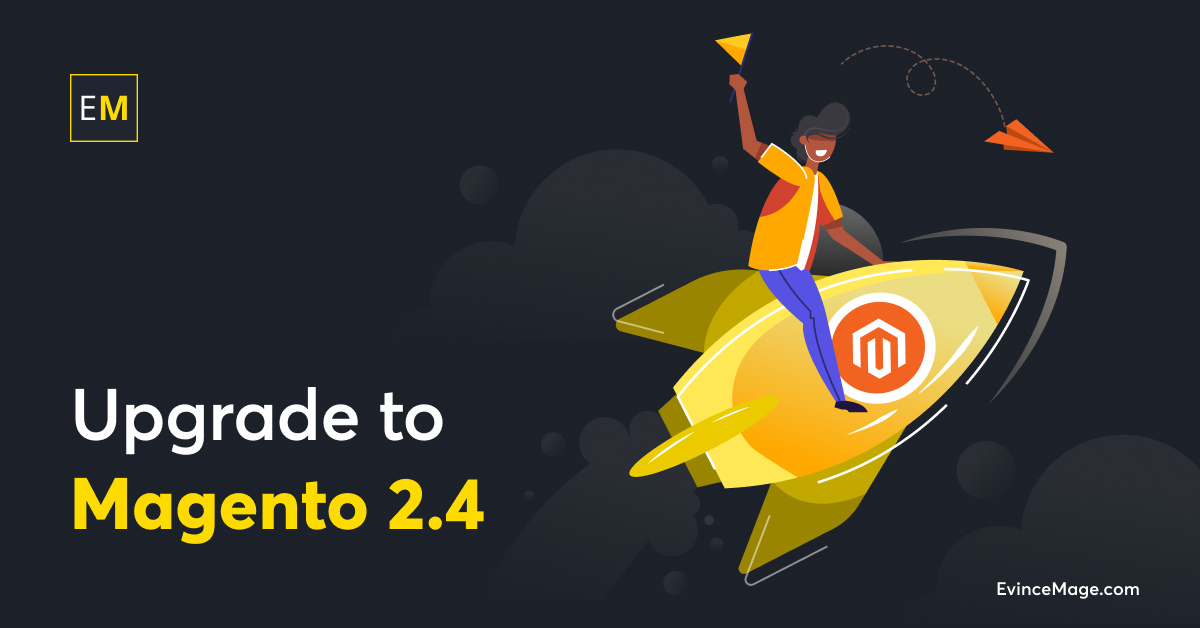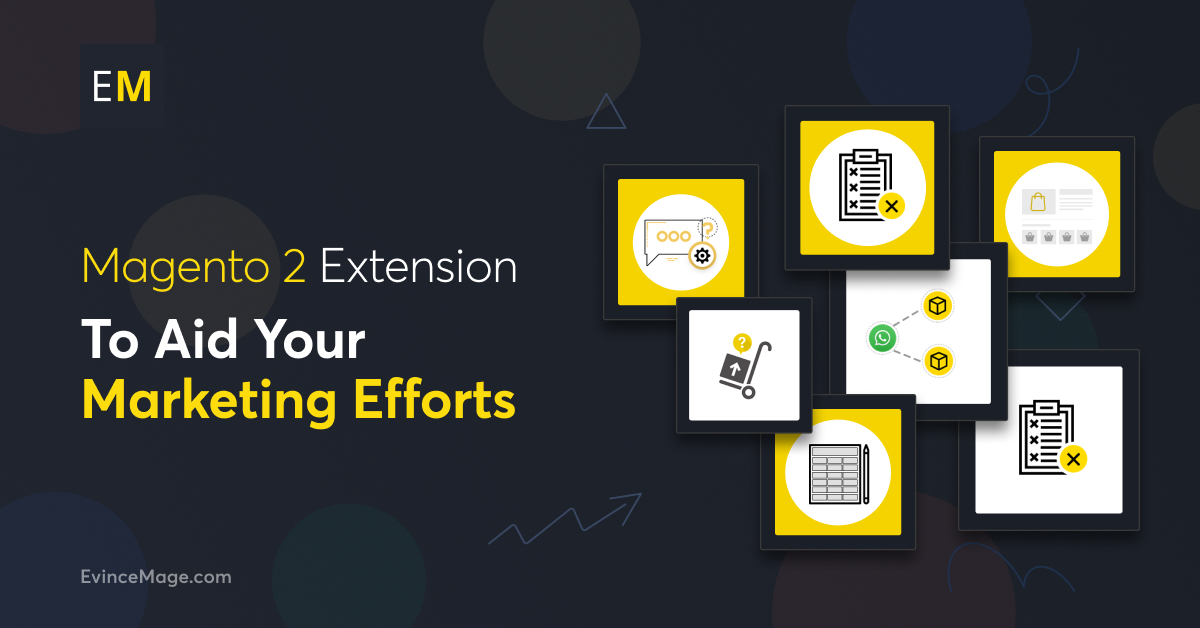5 Frequent Magento Migration Mistakes You Should Avoid

Undoubtedly, Magento is one of the world's best eCommerce platforms. Magento store owners are currently involved with Magento 2 upgrades. Although others are using professional developers to carry out their responsibilities, some are trying their own hands-on noteworthy migration. In any case, regardless of how you manage your business, reviewers have shown that some frequent mistakes make it very difficult for you to enjoy the full benefits of Magento 2.
Since Magento is such a new platform, there are challenges to both merchants and developers when looking to switch from one form to another. If you do not have good creative skills; it is advisable to get the support of Magento Development Company for the migration of Magento 2.
This blog explains the most frequent migration errors in Magento 2 and how to prevent them:
- Impacting Rankings and Search Engine Optimization (SEO):
Most store owners have some challenges when upgrading from Magento 1 to Magento 2. You can see some duplication owing to incorrect authoritative URLs, all internal links to broken, and building CMS sites on a new site, both of which negatively impact your SEO and decrease your SERP positions.
Second, you can use the webmaster feature to access all of the latest 404 error pages in the latest Magento 2. You can store and address all bugs by using the right 301 redirects. Authoritative URLs are used to orchestrate the data, the navigation layer, and the pagination used to avoid repeated data. You should not need to forget to manage all internal connections in compliance with the laws of Magento 2. Finally, you can not neglect to test it until you have upgraded to Magento 2. - Not Addressing The New Updates To Upgrade The Outdated Process:
Remember, upgrading to Magento 2 is a speculation to change a brand new eCommerce platform with a wide variety of features, functionality and development potential. Medium-sized businesses that are dreaming about beginning Open Source instead of Commerce, considering the decreased costs involved, should imagine selecting the last appreciation for the wealth of additional advantages: - B2B Selling: Magento's B2B features help you to offer quotes, coordinate evaluation of the company, and more to close large business deals.
- Elastic Search: This provides an improved user experience than the usual search for Magento.
- Customer Segmentation: It provides a customized experience to specific customer groups.
- Page Builder: Effectively establish and upgrade CMS pages using the Block Builder feature.
- Loyalty Scheme: Benefits your primary customers without complicated integration.
- Migrating non-essential data:
Magento Data Migration is an essential aspect of the difficult period of the migration process. One should be aware of the specific details needed to deal with the results. If you do not have any knowledge, then you might face some critical problems, ranging from data irregularities to the complete loss of data. Due to the enormous eCommerce stores, the lack of computer properties will have a direct effect on the buyer and the specifics of the product in the shop. You can not migrate Magento 1 to Magento 2 without data transfer. The simplest option is to maintain the backup of the entire Magento store with a storage device. - Missing Modules & Incompatible Integrations:
As modules offer many extra features to Magento's websites, it is virtually unavoidable that after some time. External plugins and third-party integrations that have features outside of Core-Magento will invade the stores. When approached to take Magento 1 to Magento 2 conversion, we usually observe stores that are expanded with modules that are either inactive or out of edition to which they may be undermined. From one point of view, migration offers a perfect opportunity to clean up a portion of the deadwood. Still, for the more critical extension that is necessary for the daily business of a merchant, such a replacement will not necessarily be accessible. Magento Marketplace is creating more plugins for the Magento 2 platform. Thus, users will have to gain familiarity with a comparable module that handles equivalent tasks to their current Magento 1 module, with just a unique interface. - Under-Estimating Time Consuming Process:
The complete Magento 2 migration process does not take more than one month to complete. There are several companies out there that take a few months to complete the Magento 2 migration process. Irrespective of whether a company does it all the way, it is essential that you track their performance. The right approach to this question is to refrain from migrating your eCommerce store to Magento 2 after a weekend or holiday season.
Conclusion:
Magento 2 has many features that will significantly enhance your business. If you're not fortunate enough to upgrade to Magento 2, it's an excellent time to do it right now. You have the time to do so. However, time is ticking, and yeah, you'd like not to be unprepared.
Evince Mage has a Magento migration service that appears to cover all five of the above errors, etc. We have a team of Magento 2 Dedicated Developers who can take care of you right away. Why not connect for an improved discussion about the most effective way to upgrade to Magento 2 today.





